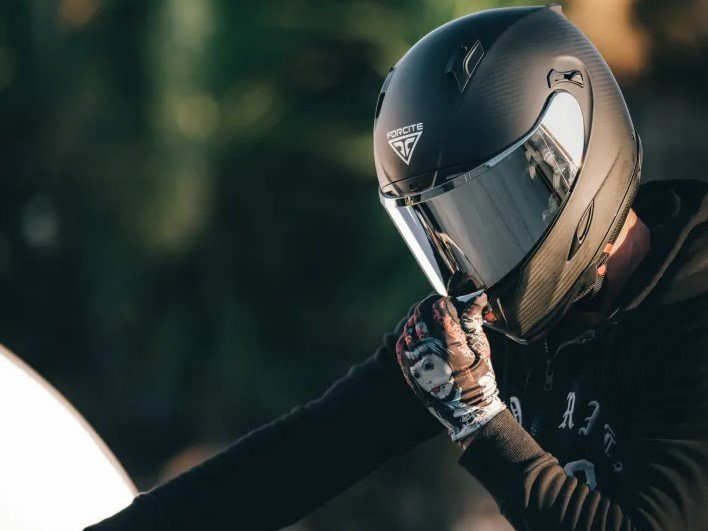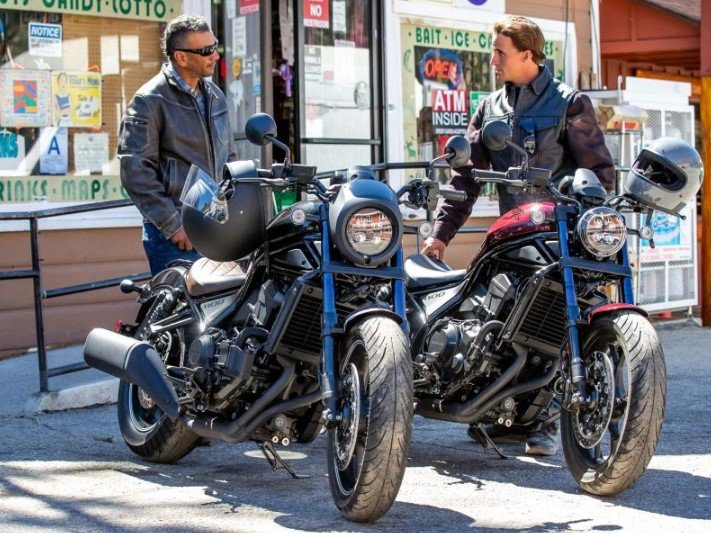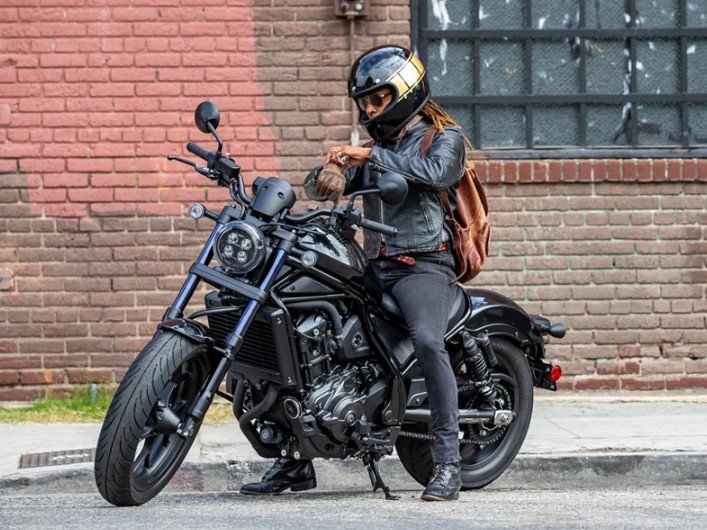
Motorcycle Helmets: Your Ultimate Guide to Safety on Two Wheels

Motorcycle riding is an exhilarating experience, but it comes with its fair share of risks. One essential piece of protective gear that every rider should invest in is a quality motorcycle helmet. In this comprehensive guide, we’ll explore everything you need to know about motorcycle helmets, from safety standards to innovative features and customization options.
Safety Standards and Certification
When shopping for a motorcycle helmet, it’s crucial to look for certifications that ensure its safety and reliability. The most common certifications include DOT (Department of Transportation), ECE (Economic Commission for Europe), and Snell. These certifications guarantee that the helmet has passed rigorous testing and meets established safety standards.
Types of Motorcycle Helmets
There are several types of motorcycle helmets available, each offering varying levels of protection and versatility. The most common types include full-face helmets, modular helmets, open-face helmets, and half helmets. Full-face helmets provide the highest level of protection by covering the entire head and face, while half helmets offer minimal coverage.
Materials Used in Motorcycle Helmets
Motorcycle helmets are constructed from a variety of materials, including polycarbonate, fiberglass composite, and carbon fiber. Each material offers different levels of durability, weight, and impact resistance. Carbon fiber helmets, for example, are exceptionally lightweight and strong, making them popular among racing enthusiasts.
Features to Consider When Buying a Helmet
When choosing a motorcycle helmet, it’s essential to consider factors such as fit, comfort, and ventilation. A properly fitting helmet should feel snug but not tight, with adequate ventilation to prevent fogging and overheating. Additionally, consider the type of visor that best suits your riding needs, whether it’s clear, tinted, or anti-fog.
Maintenance and Care
Proper maintenance and care are essential for prolonging the life of your motorcycle helmet and ensuring its effectiveness. Regularly clean the helmet using mild soap and water, avoiding harsh chemicals that may damage the materials. Store the helmet in a cool, dry place away from direct sunlight and extreme temperatures to prevent degradation.
Benefits of Wearing Motorcycle Helmets
Wearing a motorcycle helmet significantly reduces the risk of head injuries in the event of a crash. Additionally, helmets improve visibility by shielding the eyes from wind, debris, and insects, enhancing overall safety and comfort while riding.
Common Myths About Motorcycle Helmets
Despite overwhelming evidence supporting their effectiveness, there are still common myths surrounding motorcycle helmets. Contrary to popular belief, helmets do not obstruct vision or cause neck injuries when worn properly. In fact, modern helmet designs prioritize both safety and comfort to provide riders with optimal protection.
Choosing the Right Helmet for Your Riding Style
Different riding styles require different types of helmets to maximize safety and comfort. Commuting helmets are designed for everyday use, with features such as lightweight construction and integrated ventilation. Racing helmets prioritize aerodynamics and impact protection, while touring helmets focus on long-distance comfort and noise reduction.
Helmet Laws Across Different Countries
Helmet laws vary widely from country to country, with some regions mandating helmet use for all riders, while others have less stringent regulations. It’s essential to familiarize yourself with local helmet laws and ensure compliance to avoid fines and penalties.
Innovations in Helmet Technology
Advancements in helmet technology have led to the development of innovative features such as Bluetooth integration and heads-up displays (HUDs). Bluetooth-enabled helmets allow riders to stay connected on the go, while HUDs provide real-time information directly within the rider’s field of view, enhancing situational awareness.
Customization Options
Personalizing your helmet with custom paint schemes and graphics is a popular way to express individuality and style. Many manufacturers offer customization options, allowing riders to create unique designs that reflect their personality and preferences.
Environmental Impact of Helmet Production
As consumers become more environmentally conscious, there is growing interest in sustainable helmet materials and production methods. Manufacturers are exploring alternatives to traditional materials and implementing recycling initiatives to reduce waste and minimize environmental impact.
Cost Considerations
Motorcycle helmets are available at a wide range of price points, from budget-friendly options to high-end models with advanced features. While it’s tempting to prioritize cost savings, investing in a quality helmet is essential for your safety and protection on the road.
Conclusion
In conclusion, wearing a motorcycle helmet is non-negotiable when it comes to rider safety. By choosing a helmet that meets safety standards, fits properly, and suits your riding style, you can enjoy the thrill of motorcycling with peace of mind knowing you’re protected in the event of an accident.
FAQs (Frequently Asked Questions)
- Are novelty helmets safe to use?
- Novelty helmets may look stylish, but they often lack proper safety certifications and provide minimal protection in a crash. It’s best to opt for helmets that meet established safety standards.
- How often should I replace my motorcycle helmet?
- It’s recommended to replace your motorcycle helmet every five years, even if it appears to be in good condition. Over time, the materials may degrade, compromising its effectiveness in a crash.
- Can I wear a bicycle helmet while riding a motorcycle?
- Bicycle helmets are not designed to withstand the higher speeds and impact forces associated with motorcycle riding. It’s essential to wear a helmet specifically designed for motorcycling to ensure adequate protection.
- Do I need to wear a helmet if I’m only riding a scooter?
- Regardless of the type of two-wheeled vehicle you’re riding, wearing a helmet is essential for your safety. Even at lower speeds, a helmet can prevent serious head injuries in the event of a crash.
- Are expensive helmets worth the investment?
- While expensive helmets may offer additional features and comfort, the most crucial factor is whether the helmet meets safety standards and fits properly. It’s possible to find a quality helmet at a reasonable price.


